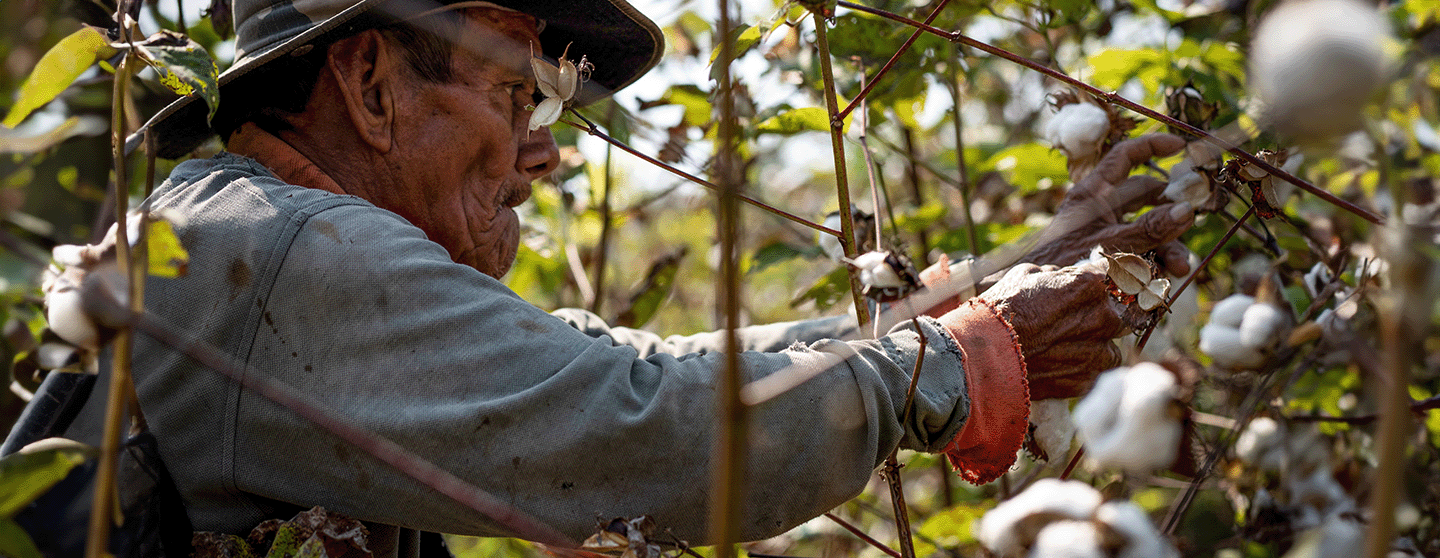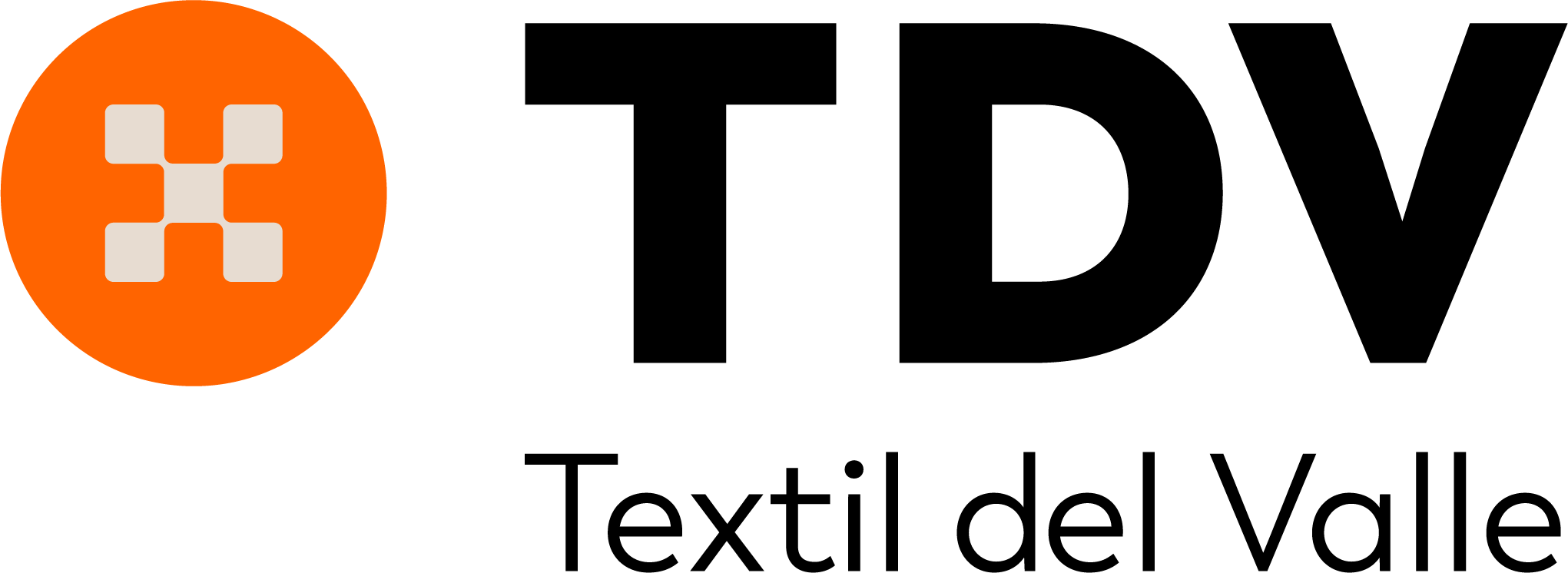



Textil del Valle S.A. BIC

Ica, Peru
November 2020
Apparel
Manufacturing
Peru
Textil del Valle, empresa textil de prendas de tejido de punto, fundada en el valle de Chincha, Perú en el año 1987, busca redefinir la industria textil y potenciar los beneficios que esta tiene para el mundo. Por varios años catalogada como uno de las más contaminantes del mundo, el sector se ha caracterizado por su alto uso de agua, químicos tóxicos, impacto negativo en derechos humanos, entre otros. Textil del Valle busca cambiar esa perspectiva y demostrar que esta industria tiene el poder para ser un agente de cambio y generar un impacto positivo. En ese sentido, se han propuesto el sueño de ser la empresa textil más sostenible del mundo, un camino largo y arduo, pero que tiene como trasfondo el tejer un futuro más sostenible para todos. Textil del Valle, a knitted garment textile company, founded in the Chincha Valley, Peru in 1987, seeks to redefine the textile industry and enhance the benefits it has for the world. For several years classified as one of the most polluting in the world, the sector has been characterized by its high use of water, toxic chemicals, negative impact on human rights, among others. Textil del Valle seeks to change that perspective and demonstrate that this industry has the power to be an agent of change and generate a positive impact.
Overall B Impact Score
Governance 17.2
Governance evaluates a company's overall mission, engagement around its social/environmental impact, ethics, and transparency. This section also evaluates the ability of a company to protect their mission and formally consider stakeholders in decision making through their corporate structure (e.g. benefit corporation) or corporate governing documents.
What is this? A company with an Impact Business Model is intentionally designed to create a specific positive outcome for one of its stakeholders - such as workers, community, environment, or customers.
Governance 17.2
Governance evaluates a company's overall mission, engagement around its social/environmental impact, ethics, and transparency. This section also evaluates the ability of a company to protect their mission and formally consider stakeholders in decision making through their corporate structure (e.g. benefit corporation) or corporate governing documents.
What is this? A company with an Impact Business Model is intentionally designed to create a specific positive outcome for one of its stakeholders - such as workers, community, environment, or customers.
Workers 25.0
Workers evaluates a company’s contributions to its employees’ financial security, health & safety, wellness, career development, and engagement & satisfaction. In addition, this section recognizes business models designed to benefit workers, such as companies that are at least 40% owned by non-executive employees and those that have workforce development programs to support individuals with barriers to employment.
Community 22.2
Community evaluates a company’s engagement with and impact on the communities in which it operates, hires from, and sources from. Topics include diversity, equity & inclusion, economic impact, civic engagement, charitable giving, and supply chain management. In addition, this section recognizes business models that are designed to address specific community-oriented problems, such as poverty alleviation through fair trade sourcing or distribution via microenterprises, producer cooperative models, locally focused economic development, and formal charitable giving commitments.
What is this? A company with an Impact Business Model is intentionally designed to create a specific positive outcome for one of its stakeholders - such as workers, community, environment, or customers.
Environment 44.0
Environment evaluates a company’s overall environmental management practices as well as its impact on the air, climate, water, land, and biodiversity. This includes the direct impact of a company’s operations and, when applicable its supply chain and distribution channels. This section also recognizes companies with environmentally innovative production processes and those that sell products or services that have a positive environmental impact. Some examples might include products and services that create renewable energy, reduce consumption or waste, conserve land or wildlife, provide less toxic alternatives to the market, or educate people about environmental problems.
What is this? A company with an Impact Business Model is intentionally designed to create a specific positive outcome for one of its stakeholders - such as workers, community, environment, or customers.
Customers 4.6
Customers evaluates a company’s stewardship of its customers through the quality of its products and services, ethical marketing, data privacy and security, and feedback channels. In addition, this section recognizes products or services that are designed to address a particular social problem for or through its customers, such as health or educational products, arts & media products, serving underserved customers/clients, and services that improve the social impact of other businesses or organizations.